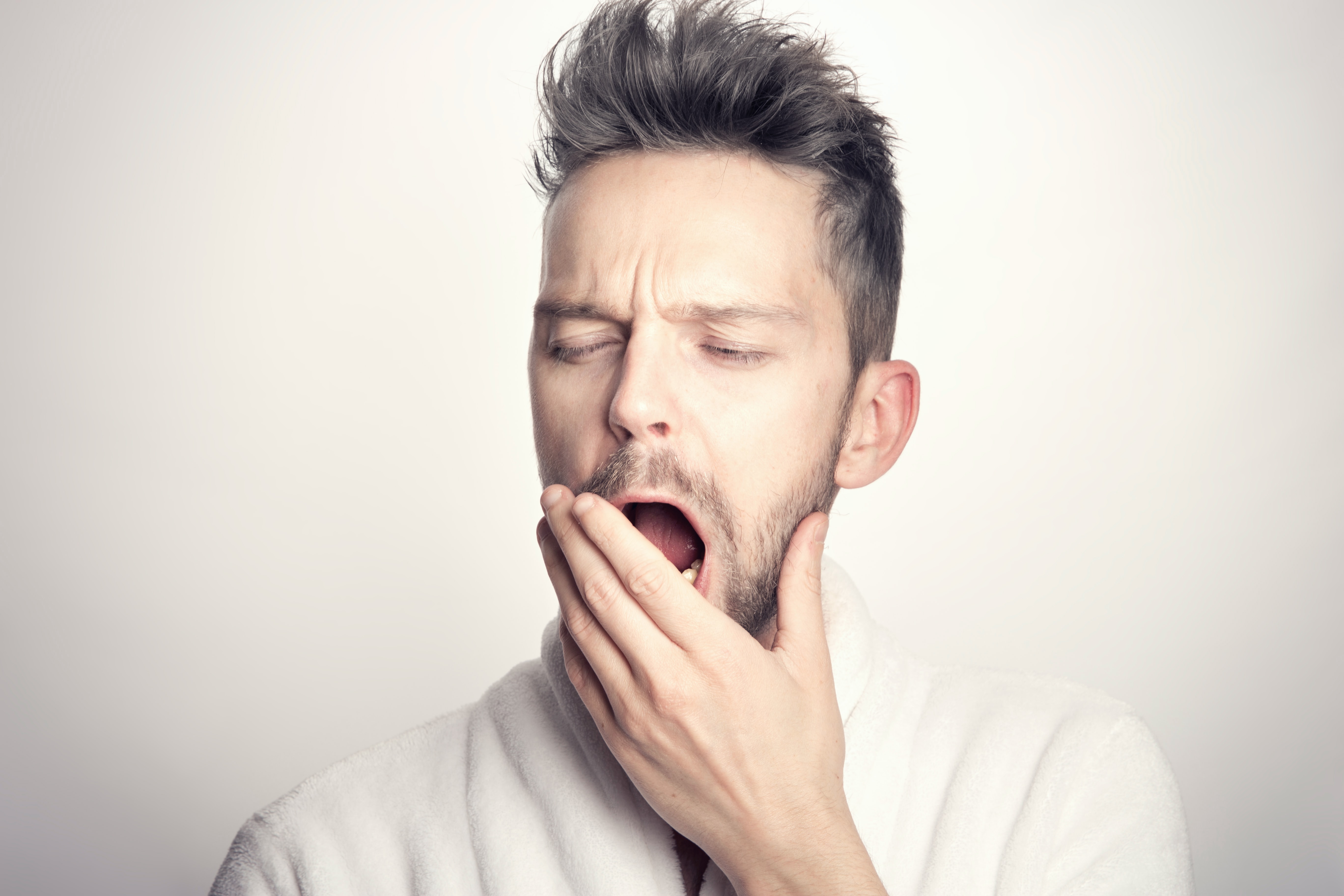SLEEP AND RECOVERY
Sleep is one of the undebatable pillars of health and wellness. When you are recovering from an injury you are likely to need even more rest than usual.
After surgery or injury your body uses more energy to fuel the healing process. Your immune system must work harder to fight infection whilst your body also facilitates the maintenance and repair of existing cells as well as the growth of new tissue, which results in an increased energy expenditure during recovery.
_166006662562f29b41a9f1d9381.jpg)
When we go to sleep, our body’s demand for calories is reduced, so we can replenish and heal. During sleep the pituitary gland releases growth hormone, which helps your body to grow and repair itself and your body also produces more white blood cells, that support the immune system.
Our autonomic nervous system also has a role in physical recovery, that involves our sympathetic nervous system (flight or fight mode) and the parasympathetic nervous system (rest and restore mode). Because of the increased energy needs during recovery, we want our body to be in the parasympathetic nervous system as much as possible. When we are awake it is normal for our sympathetic nervous system to activate at different moments throughout the day. Although historically, our body would use this in response to danger or threats, in modern life it can be initiated by feelings of stress such as being stuck in traffic when you’re late for a meeting, high intensity exercise and consuming too much caffeine. The sympathetic nervous system releases adrenaline and cortisol, which cause the heart to beat faster, respiration rate to increase, blood vessels in the arms and legs to dilate, the digestive process to change and glucose levels in the bloodstream to increase in anticipation of an emergency or threat. Because our energy expenditure is already increased while we are healing, it makes sense that we need to minimise these effects.

During sleep our body is using parasympathetic nervous system, which allows us to adapt, recover and reduce energy output. The parasympathetic nervous system releases the hormone acetylcholine to slow the heart and respiration rate. The more the parasympathetic system dominates during sleep, the more your body is able to recover and the more resources you have to aid your recovery and balance your daily stress response.
Sleep deprivation has a potentially deleterious effect on postoperative recovery, because your body isn’t spending enough time in it’s rest and restore mode and broken sleep can cause an increase in cortisol levels and imbalance essential hormones. There are also various medications that can inhibit and interrupt sleep, therefore it is essential to speak with your doctor or surgeon about the drug interactions that may disrupt your sleep. If you are in the hospital there may also be distractions and environmental cues that disturb your sleep patterns so it is useful to have a sleep routine and useful sleep tools to ensure you get the maximum amount of shut eye.

SLEEP HACKS FOR OPTIMAL RECOVERY
- Minimise blue light- Limit screen time for at least an hour before bed or use blue blocking glasses so that you are not over stimulated before trying to fall asleep.
- Use an eye mask so you can tune out and sleep when in a new place (especially a hospital)
- Try guided visualisations or meditations before sleep to calm and relax your mind like our Self Healing Relax and Restore visualisation.
- Write a journal before bed - So that your thoughts are out of your mind and on paper, so you don’t have to overthink or worry about anything while trying to fall asleep.
- Sleep supplements - There are powders and supplements you can take before bed to relax your body, particularly if you are injured you might find a magnesium supplement helpful to ease into sleep. Be sure to check and make sure it is designed for sleep as some may have B vitamins that can be stimulating and keep you awake.
- Reduce caffeine - If you can’t give it up altogether then at least make sure you don’t consume any caffeine after 12pm (this includes coffee, black and green tea, soft drinks and chocolate!)
- Set a routine- Try a combination of these hacks or create your own night time routine that will signal to your body and mind that it’s time to wind down. It might take a little while to get into the habit but eventually your nervous system will respond to the cues.
- Pain management - If you are in pain before bed try using our BodyICE Recovery Ice or Heat Packs to soothe discomfort. The neoprene straps hold the pack in place, so it won’t move around while you are sleeping.
RESOURCES:
https://journals.physiology.org/doi/full/10.1152/japplphysiol.00547.2017
https://www.sciencedirect.com/science/article/pii/S246886732030002X



Leave a comment
All comments are moderated before being published.
This site is protected by hCaptcha and the hCaptcha Privacy Policy and Terms of Service apply.